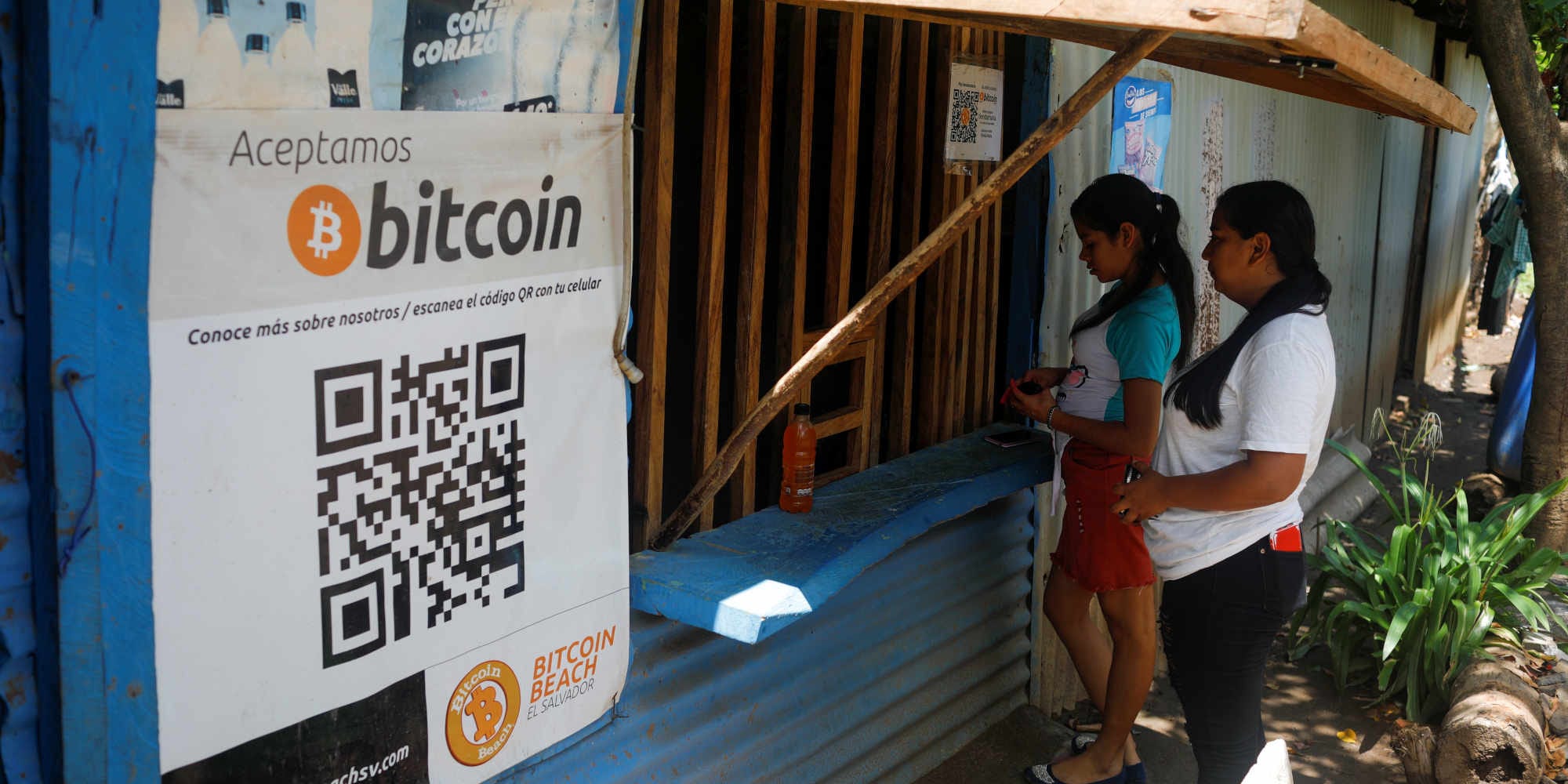El Salvador Sees Sharp Decline in Crypto Remittances Amid Policy Shifts

El Salvador’s experiment with cryptocurrency as a tool for economic growth seems to have hit a roadblock, with remittances through digital wallets plummeting nearly 45% in the first four months of 2025. Official data from the Central Reserve Bank (BCR) reveals that the country received just $16 million in crypto remittances from January to April, a stark contrast to the $28.83 million recorded during the same period in 2024. This decline comes as the nation grapples with the fallout from abandoning Bitcoin as legal tender and dissolving key infrastructure like the state-backed Chivo Wallet. The shift has raised questions about the future of cryptocurrency in El Salvador’s economy.
The BCR report breaks down the monthly figures, showing $2.44 million in January, $2.25 million in February, $6.92 million in March, and $4.39 million in April. These numbers pale in comparison to 2024, when monthly inflows consistently surpassed $6 million, peaking at $8 million in March. Crypto remittances now account for a mere 0.52% of the total $3,075.68 million in remittances received through April, down from 1.08% of the $2,669.13 million in the same period last year. This drop reflects a growing preference for traditional remittance methods over digital alternatives.
Stay In The Loop and Never Miss Important Crypto News
Sign up and be the first to know when we publishPolicy Changes and Their Impact
The decline in crypto remittances coincides with significant policy changes in El Salvador. In 2021, the country made headlines by becoming the first to adopt Bitcoin as legal tender alongside the U.S. dollar, a move championed by President Nayib Bukele as a way to boost financial inclusion and reduce remittance costs. However, a $1.4 billion agreement with the International Monetary Fund (IMF) in 2024 led to the revocation of Bitcoin’s legal tender status by the Nuevas Ideas-dominated Legislative Assembly. This decision, coupled with restrictions on Bitcoin’s use in public sector transactions, has dampened enthusiasm for cryptocurrency among Salvadorans.
The dissolution of Chivo Wallet, a government-promoted platform for crypto transactions, has further limited access to digital remittance channels. Local analysts suggest that these moves have signaled a retreat from cryptocurrency, discouraging citizens from using digital wallets. The BCR’s April 2025 report adds to the concerns, noting that 89% of registered Bitcoin service providers in El Salvador are now non-operational, casting doubt on the sustainability of the country’s Bitcoin strategy. This high rate of inactivity among service providers underscores the challenges of maintaining a robust crypto ecosystem without consistent government support.
Despite the recent downturn, crypto remittances showed modest growth in 2024, totaling $85.5 million for the year, a 3.1% increase from $82.93 million in 2023. This growth, however, has not carried into 2025, as policy shifts and reduced infrastructure have taken their toll. Salvadorans, who rely heavily on remittances as a lifeline for household expenses, appear to be reverting to traditional methods, which are perceived as more reliable in the current environment. The low adoption rate of crypto remittances, even at their peak, suggests that many citizens never fully embraced digital wallets, preferring established systems.
The broader context of El Salvador’s economic strategy adds complexity to the situation. The IMF agreement, while providing much-needed financial support, has imposed conditions that prioritize fiscal stability over experimental policies like Bitcoin adoption. This has led to a perception among Salvadorans that cryptocurrencies are being phased out, reducing incentives to use them for remittances. The combination of regulatory changes, infrastructure challenges, and public sentiment has created a difficult environment for crypto adoption in the country.

